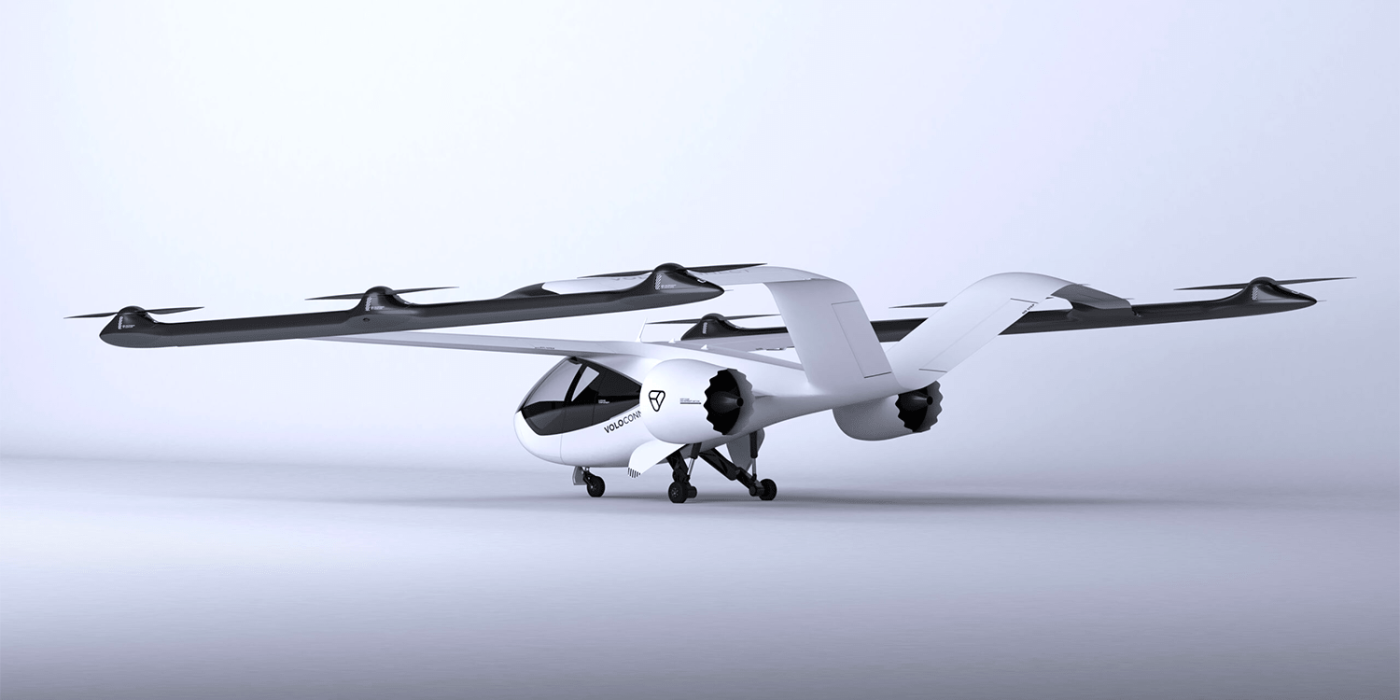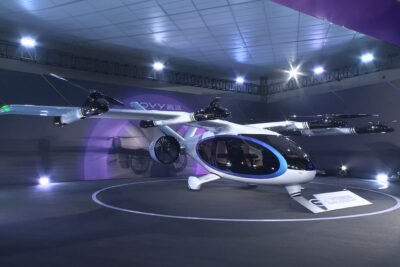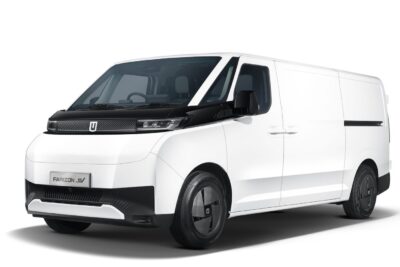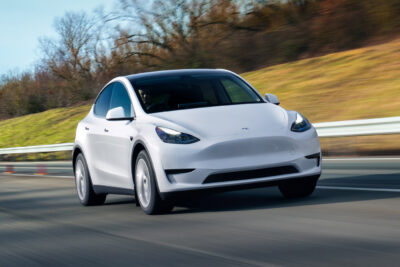Volocopter announces joint venture with Geely subsidiary Aerofugia
The German electric aerial taxi developer Volocopter has founded a joint venture with the Geely subsidiary Aerofugia in Chengdu, China. The joint goal of the partners is to bring urban air mobility to China within the next three to five years.
The joint venture, called Volocopter Chengdu Technology, will work closely with authorities in Chengdu and other parts of mainland China. The agreement also includes that Volocopter will initially provide 150 of its electric aircraft for the development of urban air mobility in China. Geely had already invested in Volocopter in 2019, and both sides had already expressed their intention at the time to set up a joint venture for urban air mobility in China.
Part of the cooperation package now agreed is also that Volocopter will appoint Geely Technology’s new China joint venture and General Aviation Manufactory Base as contract manufacturers so that they can produce entire aircraft and parts in China. This production deal is intended to “meet the fast-growing demand for aerial taxi services after commercial launch in China” in the future, the German company informs. Chengdu is a strategically chosen location against this background. After all, the capital of Sichuan province is not only an important economic and transport hub in western China, but also Geely’s production site.
Volocopter has announced three aircraft to date. The VoloDrone, the VoloCity and most recently the VoloConnect. The former is a cargo drone, the VoloCity is the familiar two-seater with its distinctive 18 rotors, and the VoloConnect is a larger four-passenger eVTOL that is said to be particularly suitable for connecting suburbs and inner cities.
“Geely has been a valuable partner since they became our strategic investor in 2019,” emphasises Volocopter CEO Florian Reuter. “Today marks another important milestone on our journey to bring affordable electric air mobility to China, the biggest single market opportunity for the UAM industry.”
Incidentally, Volocopter also reported progress in Europe in the summer: in July, the startup received the production organisation approval (POA) from the European Aviation Safety Agency EASA. This was made possible by the partial takeover of Volocopter’s long-standing production partner DG Flugzeugbau, which already had this certification. Volocopter then stated that its goal was to begin commercial flight operations by the time of the Olympic Games in Paris in 2024. However, the type certification for the VoloCity and the approval as an air traffic operator are still missing.





0 Comments